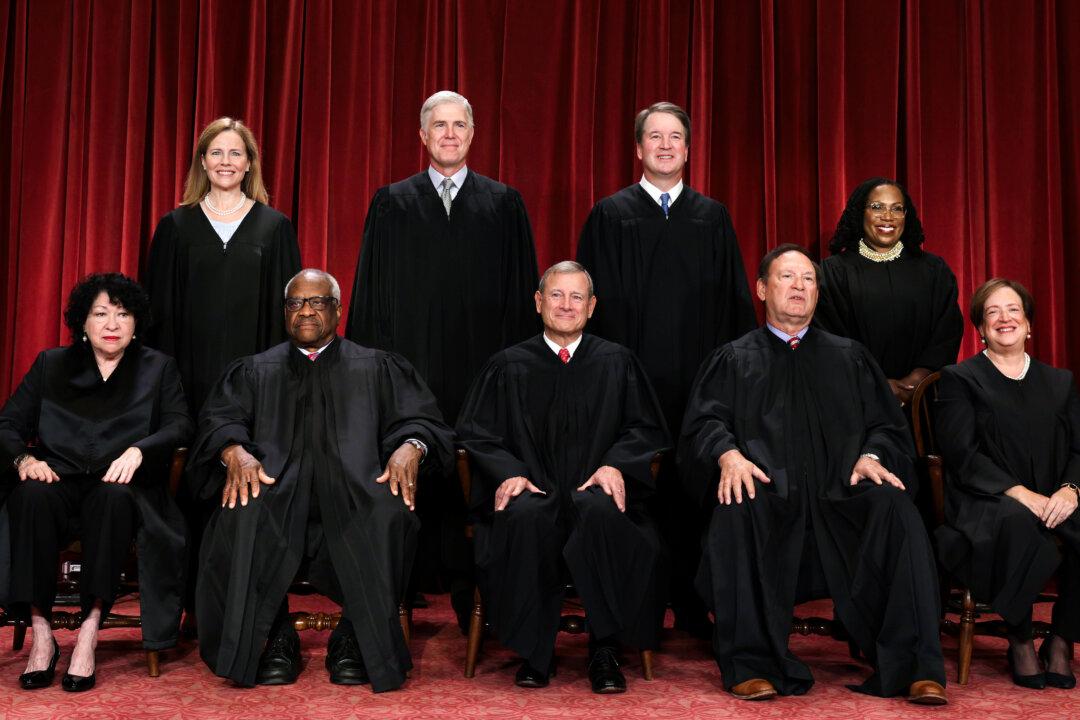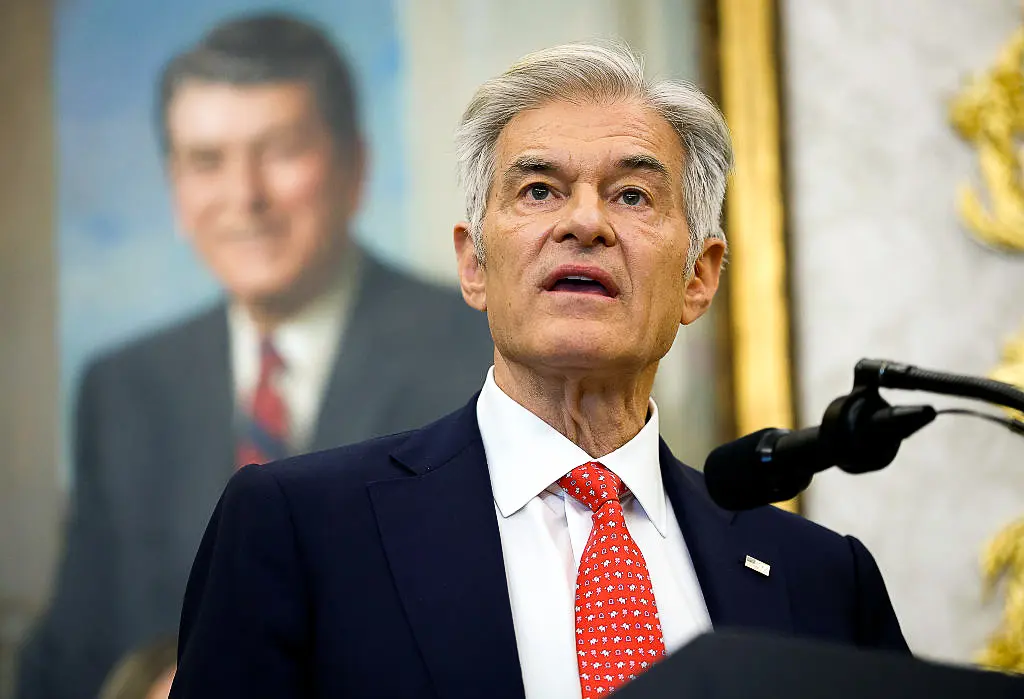The Supreme Court on Monday announced it adopted a new ethics code, giving more details about what could disqualify a justice from participating in a case.
The ethics code covers a range of policy issues, containing sections codifying that justices should not let outside relationships influence their official conduct or judgment, spelling out restrictions on their participation in fundraising, and reiterating limits on the accepting of gifts. It also states that justices should not “to any substantial degree” use judicial resources or staff for nonofficial activities.





